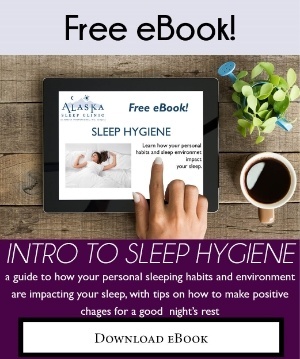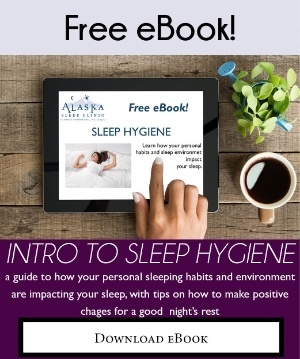Shift Work Sleep Solutions
Shift work is defined as schedules outside the typical 9 a.m. to 5 p.m. day. Roughly 15 percent of full-time U.S. employees work on shifts outside this traditional schedule. For many, shift work is part of the job as service occupations like healthcare professionals and protective services are needed 365 days a year 24 hours a day.
The Sleep Health Institute defines two types of shift work schedules:
- Multiple shift patterns: Workers on multiple shift patterns do not work the same hours every day. They may work afternoons or evenings one day, then switch to overnight the next, sometimes even within the same week.
- Same shift pattern: Workers on a same shift pattern work fixed, predictable hours, but they are overnight or otherwise not in line with the typical Monday through Friday 9-5 schedule.
Sleep.org found about 25 to 30 percent of shift workers experience symptoms of excessive sleepiness or insomnia. But approximately 63 percent of shift works said their work schedule allows them to get enough sleep.
What is the secret to balance sleep when working inconsistently?

Sleep Management for Shift Workers: How to Get Better Sleep
Employers of shift-workers are starting to understand the importance of quality sleep for their employees.
Poor sleep in workers can lead to poor work performance including difficulty concentrating, decreased productivity, more mistakes, and increased chance of accidents, injuries, and even death.
It is beneficial to both employee and employer alike to take steps to alleviate the impact that poor quality sleep can have on a worker suffering from shift-work sleep disorder.
Here are some tips for managing sleep as a shift worker:
- Make sleep a priority. If not getting enough sleep is a primary concern for you, be extra diligent in doing the things that help promote healthy sleep, and avoid the things that disturb or rob you of sleep.
- Target things that are disrupting your sleep. For example, if you live in a home where others are awake while you are sleeping, ask them to keep noise down while you’re sleeping, and not to disturb you. Make sure everyone in the household understands the importance of you getting quality sleep.
- Keep a sleep diary. If you’re having trouble discovering what factors are contributing to your sleep loss, writing in a sleep diary can help you identify things that could be robbing you of sleep.
- Get regular exercise. Make sure however that your workouts are at key times of the day. Exercising in the morning is a great way to get an energy boost and helps your metabolism speed up. However, exercising before bedtime can make it more difficult to fall asleep because your body temperature will be elevated.
- Keep your bedroom dark, cool, and quiet. Learn more about maximizing your sleep environment.
- Ditch your digital devices. The light from your phone, tablet, computer, etc., tricks your brain into thinking it’s daylight, keeping you awake longer.
- If you drive home from work in the morning light, wear dark sunglasses. Avoid daylight just before bedtime as it can trick your circadian rhythm into not producing melatonin, a hormone that helps regulate sleep.
- Use a “white noise” machine to block out distracting sounds if you have family members awake in the house during your sleep hours.
- Take sleep-promoting supplements like melatonin at key times to help train your circadian rhythm to match your sleep schedule
- Practice sleep hygiene techniques.
Tips for on-the-job when suffering from shift-work sleep disorder:
- If possible, take brief naps during work breaks, but limit them to 10-30 minutes.
- If working a rotating-shift schedule, talk to your employer about moving your next shift “forward” as it’s easier on the circadian rhythm to sleep in a little more rather than less.
- Drink caffeine while at work, but not shortly before getting off or close to bedtime.
- Do the mundane work tasks first so they won’t make you nod off later in your shift. Do stimulating work near the end of the shift.
- Get active during breaks instead of resting. Take walks, exercise, or engage in stimulating activities.
- Talk with your coworkers about your sleep troubles, and troubleshoot ideas to help you stay awake and alert.
- Avoid long commutes that could take away from getting more sleep.
- Avoid working extended hours.
- Get enough sleep on your days off.
- If you’re a trucker, pull over at rest stops for naps if you’re feeling tired or drowsy while driving.
If you’re an Alaskan shift-worker and are experiencing difficulty with maintaining quality sleep, contact the Alaska Sleep Clinic and receive a free 10-minute phone call with a sleep educator. In this phone call we can help determine if a sleep study at one of our 4 locations may be appropriate in diagnosing and treating your condition. Don’t let poor sleep get in the way of you and success at work and your personal life, contact us today.






